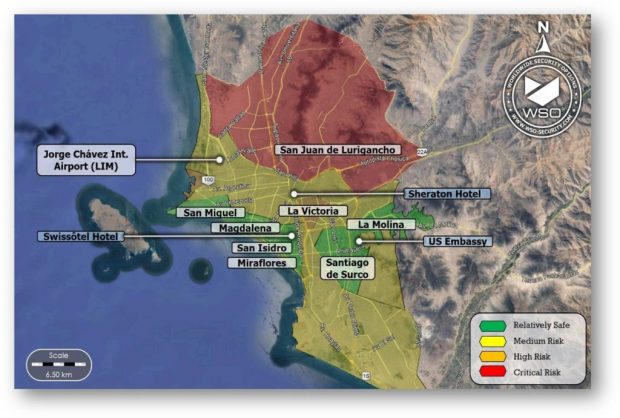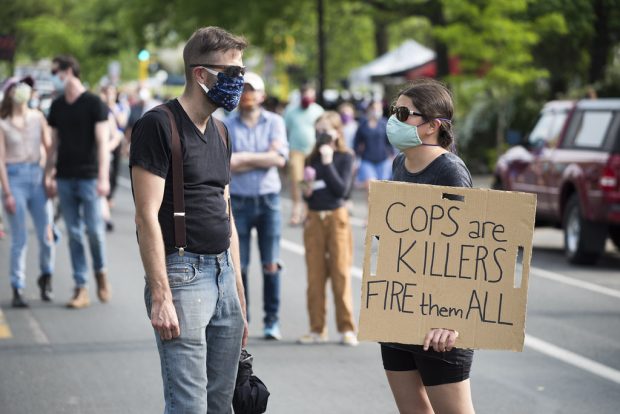
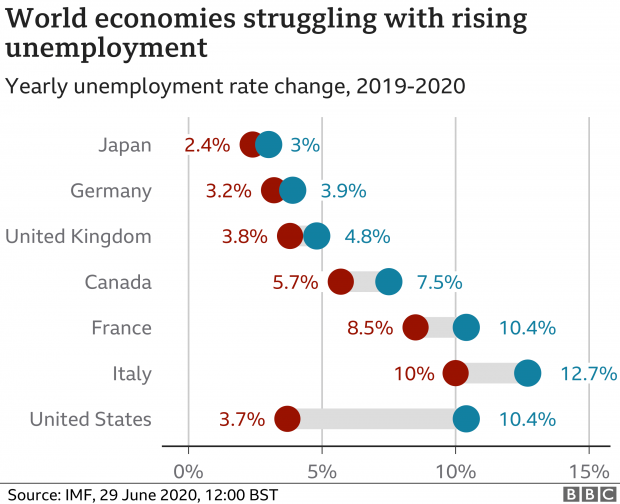
Stats from BBC. https://www.bbc.com/news/business-51706225
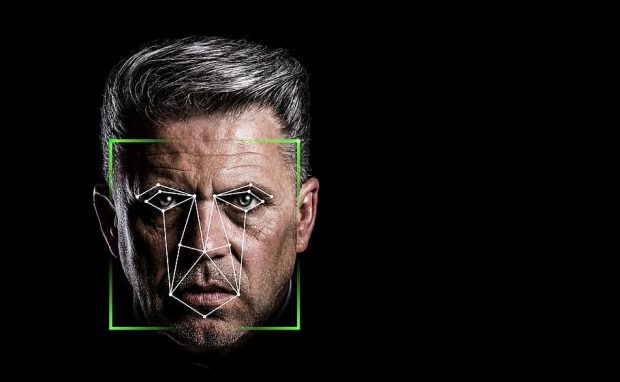
Once the criminal is identified, his mobile tracking device (cell phone) will be accessed with a search warrant or some type of commercial database software. Teams of armed cops will know where the criminal is at all times and will make plans to arrest him in the safest way possible.
Many of our future “cops” will be computer analysts. Those specialized analysts will be paid less than they would in the private market. They will supplement their salaries by taking bribes from wealthy constituents to use the surveillance systems to gather dirt on political enemies. Trust in the police will further erode and many police jobs will be highly politicized.
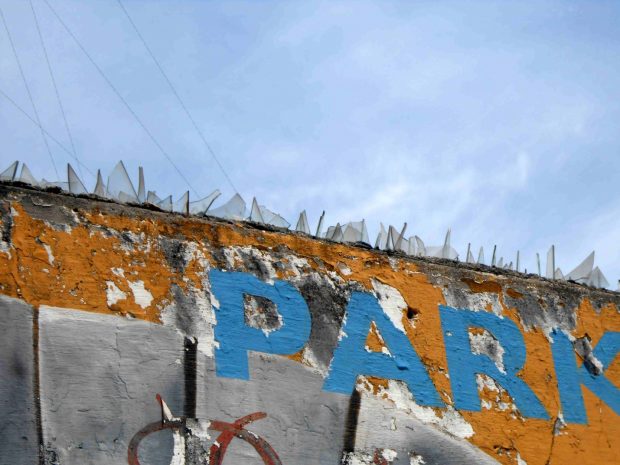
Poorer neighborhoods in South America embed glass atop concrete walls to serve as a theft deterrent. We’ll start seeing things like that here within the next decade.


